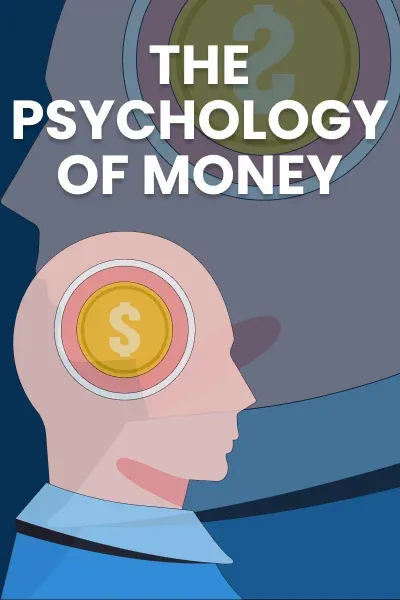
I Will Teach You To Be Rich
Brief Summary
“I Will Teach You to Be Rich” by Ramit Sethi is a personal finance book that aims to help readers build wealth by focusing on earning more, saving, and making long-term investments. The book emphasizes optimizing spending habits, negotiating for better deals, and taking advantage of credit card rewards. It also encourages readers to automate their finances, build an emergency fund, and pay off high-interest debt before investing in the stock market.
Topics
Key points
Key idea 1 of 8
There may be instances in life where you beat yourself up about not prioritizing saving money. Thoughts about whether it's too late to start might also arise. Some people may find it difficult to stop making up excuses and take action toward improving their financial situation.
To begin with, don't let the media draw too much of your attention. The abundance of finance-related content can be paralyzing and often fails to provide practical assistance. While certain information can indeed be useful, it is true that many parts of it are unoriginal and boring. Suggestions like "try spending less on takeouts" have almost nothing to do with the lifestyles of young adults nowadays.
Young individuals often find themselves inclined to blame the media and others for unhelpful advice when it comes to investment. However, assuming responsibility for your choices is the most effective approach to achieving prosperity. It is common to claim that the educational system fails to teach financial literacy. Yet, a lot of colleges run finance courses that students can attend.
Feeling anxious about overspending is also a common excuse. Nevertheless, taking calculated risks and coping with potential financial losses when young can bring you valuable experience. You will obtain a better understanding of financial management and accumulating wealth. Moreover, remember that keeping money idle in a savings account is no good either.
Another made-up reason for not saving money is the belief that setting aside amounts less than $100 won't make a noticeable difference. This belief is unfounded, as even the smallest contributions matter. Whether it's 10 cents, $1, or $10, these seemingly modest amounts can accumulate over time and be your financial safety net.
The 2008 financial crisis serves as a vivid reminder of the consequences that can arise from making snap decisions. Many people made the mistake of withdrawing their money from the market without a well-diversified portfolio, buying high and selling low. Some individuals laid the blame on the government and banks, not acknowledging that they had not taken the initiative to educate themselves on personal finance.
Thus, not using anyone as a scapegoat is the first step to overcoming your problems. Now, you are probably eager to learn what it takes to get rich, aren't you?
FAQ
You may also like these summaries











